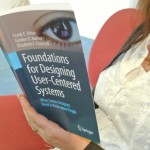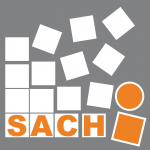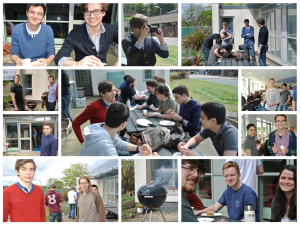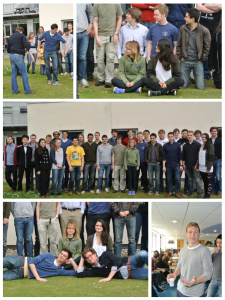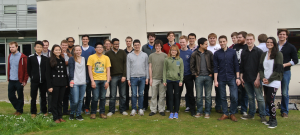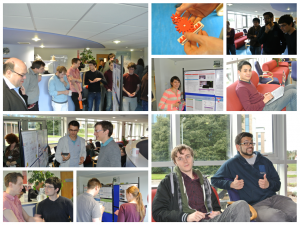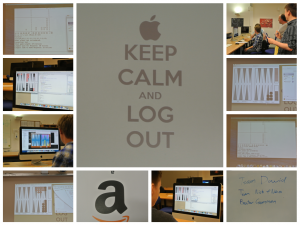We’re delighted that the University will be awarding the degree of Doctor of Science, honoris causa, to Professor Dana Scott at the graduation ceremony on Wednesday 25th June.
What does it mean to describe a computation? For Turing, it meant designing an ideal machine whose small set of simple operations could perform calculations: the operational view of computing that allows machines to perform tasks previously thought to require humans. Set against this is a view that is independent of mechanisation, where the calculations, rather than the machines that perform them, take centre stage. When we take this view, we are making use of ideas that owe their modern existence to the work of Dana Scott.
Working at Oxford in the 1970s, Scott developed the mathematical structures now known as Scott domains that provide a way of precisely describing how recursive functions make progress towards their final result. This led directly to an approach for describing the meanings of programs and programming languages — the Scott-Strachey approach to denotational semantics — and indirectly both to approaches to proving programs correct, and to the development of the lazy functional programming languages that today form a major strand of computer science research.
Dana Scott is a Turing Award recipient (jointly with Michael Rabin), a winner of the International Bolzano Prize, and a supervisor of over 50 PhD students. His contributions to the foundations of computer science have been immense, and we’re very excited to be having his company alongside our graduating class.


